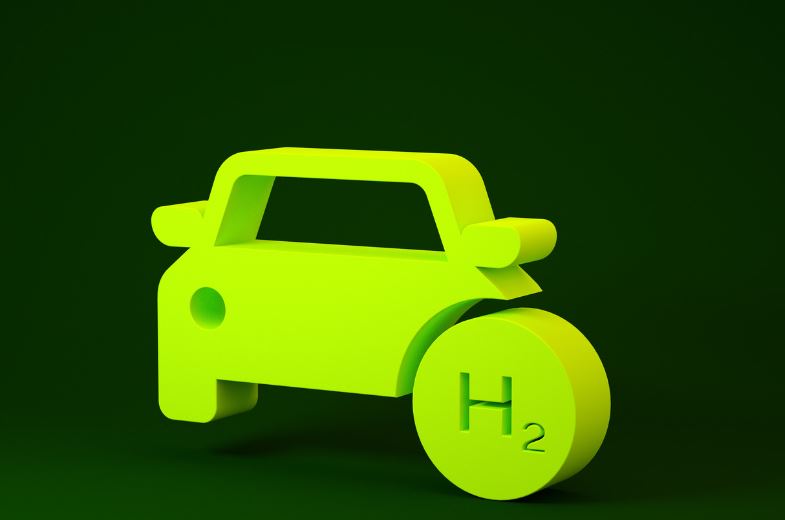Toyota Motor Corporation (TMC) and BMW Group have declared a collaborative venture focused on the development of fuel cell vehicles.
This alliance is an extension of the memorandum of understanding they signed in 2012. It encompasses joint efforts in research, development, and production of fuel cell systems, components, and lightweight technologies.
Recognizing the promise of fuel cell technology in achieving zero emissions, Toyota and BMW aim to develop a comprehensive fuel cell vehicle system. This system will include a hydrogen tank, motor, battery, and fuel cell stack. The ambitious project targets completion by 2020. The collaboration also covers the assessment of hydrogen infrastructure development and the creation of essential codes and standards to facilitate the widespread adoption of fuel cell vehicles.
Exploring Advanced Batteries
In a parallel effort, the two companies have signed a research agreement to explore lithium-air batteries. This next-generation battery technology has the potential to significantly surpass the energy density of current lithium-ion batteries. This marks the second phase of their joint research into advanced lithium-ion battery cells, which began in 2012.
Beyond fuel cell and battery technologies, Toyota and BMW also plan to co-develop lightweight technologies for vehicle bodies. Utilizing advanced materials such as reinforced composites, these innovations will be applied not only in the development of a collaboratively designed sports vehicle platform but also in other BMW and TMC vehicles.
